Performance Development in Young Athletes
Learn how to raise the bar. Study performance development in fields like exercise physiology, sport psychology, technical and tactical sport skills, and motor learning. Then put it all to the test. Conduct research for a sports organization. Help them identify and develop the talent of the future.

The program in a nutshell
Your classes and workshops are mainly on Mondays, Tuesdays and Fridays. Halfway through the semester you have a written exam. Then you attend workshops on applying the theory in practice.
Throughout the semester you also work on a practical assignment for a sports organization of your choice. The topic? Talent identification or development. When? Mainly on Wednesdays and Thursdays.
At the end of the semester you hand in your advisory report and defend your conclusions in an oral exam.
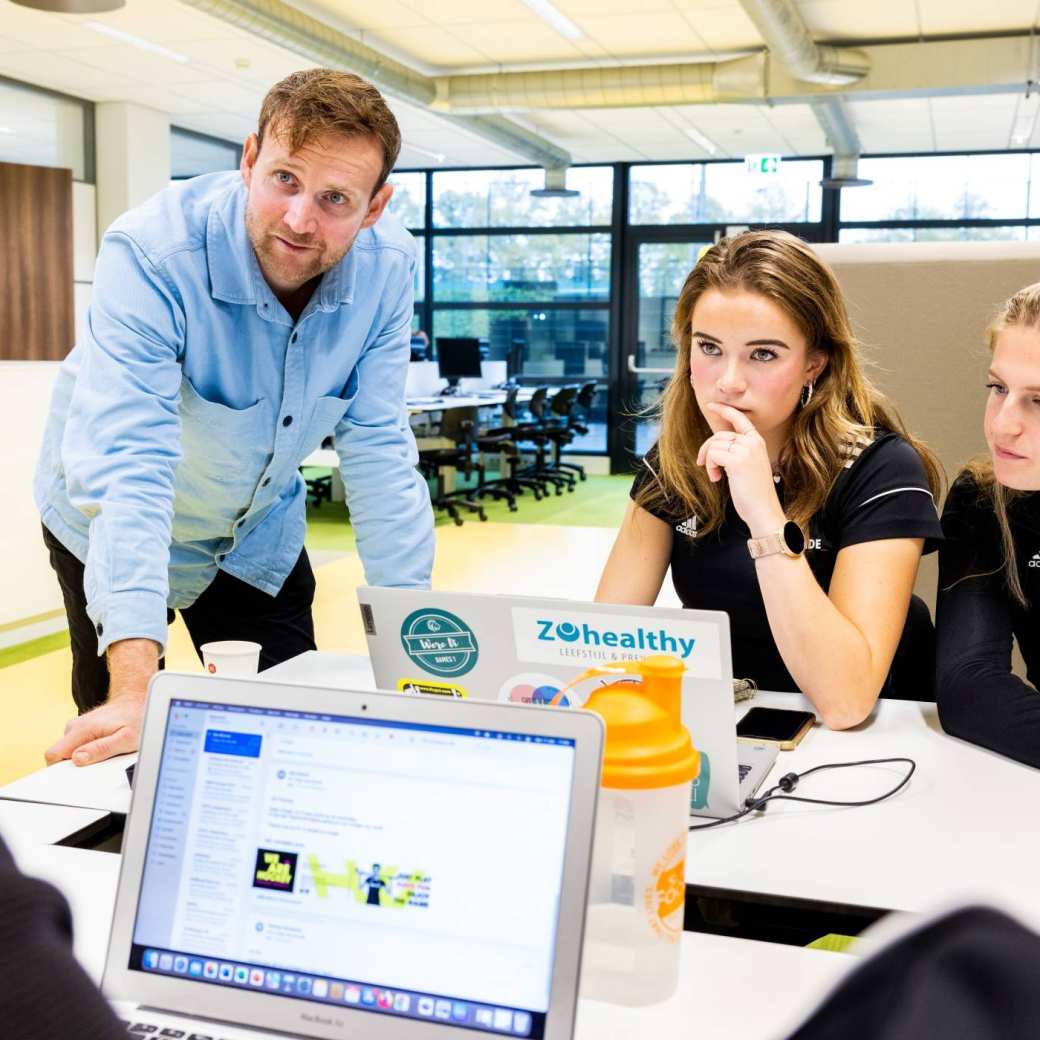
Program details
Learning outcomes
By the end of Performance Development in Young Athletes you can:
- Use existing knowledge to analyze an actual sport-specific problem
- Design an adequate action plan for such a problem
- Carry out measurements and analyses to help solve a problem in practice
- Supply a product that can be used to solve a problem in practice
- Actively work on your professional development
- Tackle a problem independently

Competences
During the course you work on these competences:
- Knowledge development and knowledge application
- Professional development
- Data gathering and data analysis
- Written and oral communication skills
- Collaboration in professional sports organization
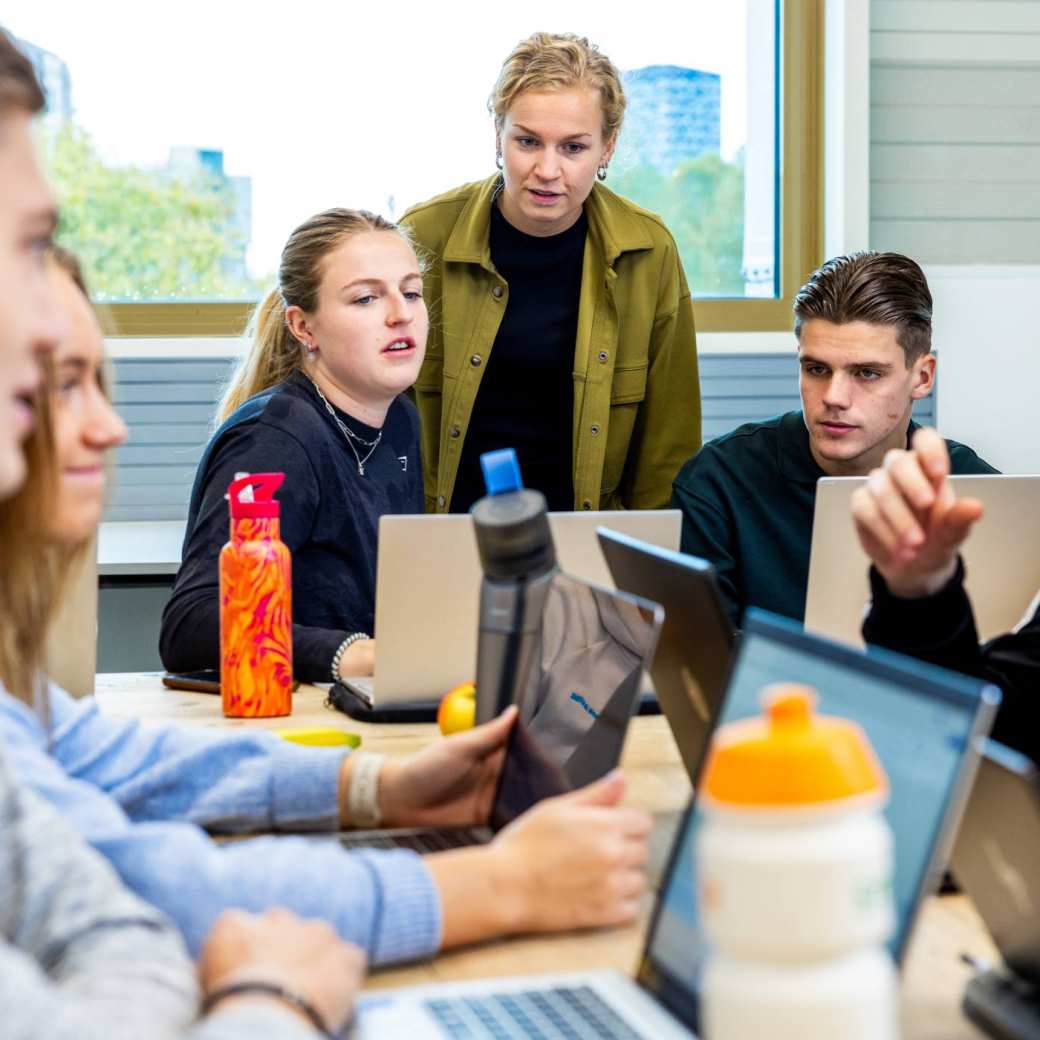
Dutch way of learning
The atmosphere in a Dutch classroom is quite informal and your lecturers are easy to talk to. In fact, at HAN you’re seen as a partner in the learning process. Class sizes are small and your lecturers encourage you to actively participate in class. To ask questions and give your own opinion. They also stimulate you to be creative and to discover things for yourself.
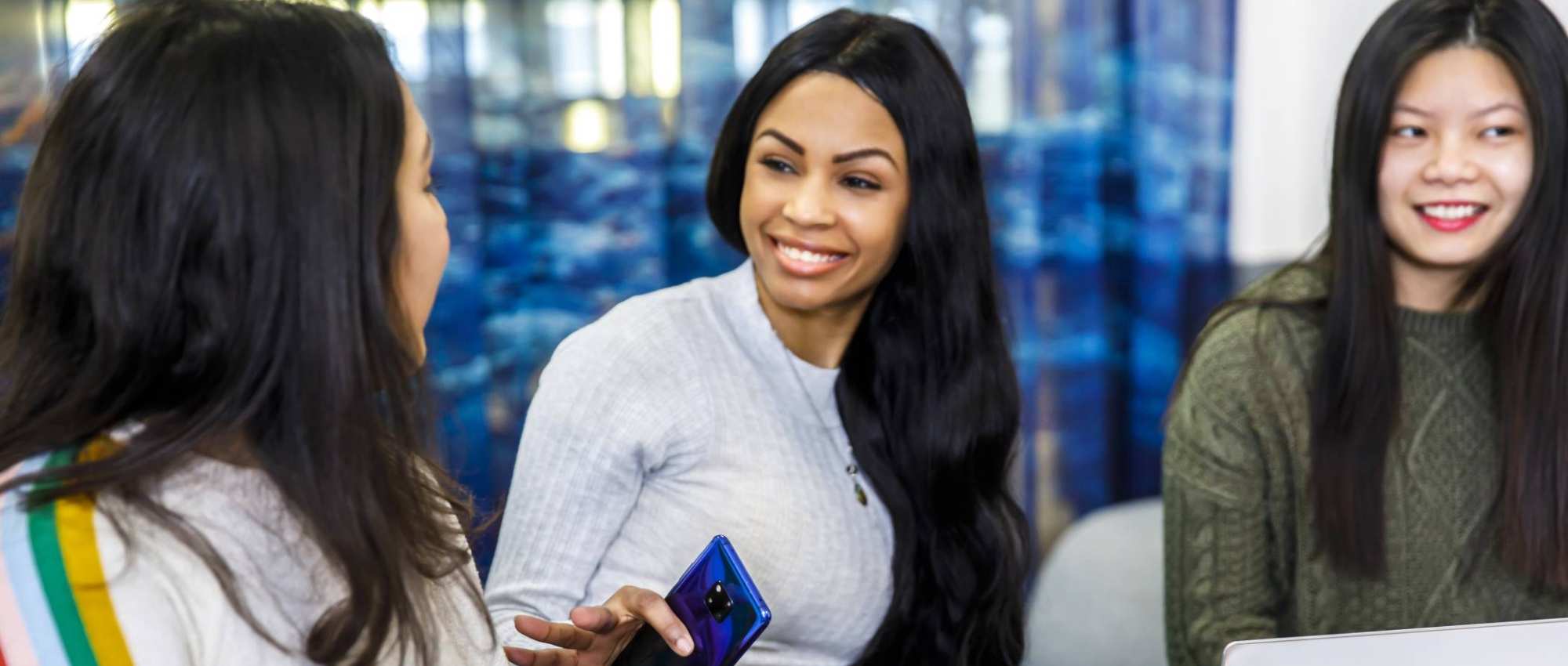
HAN International Intro
Get a good start to your studies during this week of orientation:
- learn about living in the Netherlands
- become familiar with the campus
- get on board with your exchange program
- make new friends!
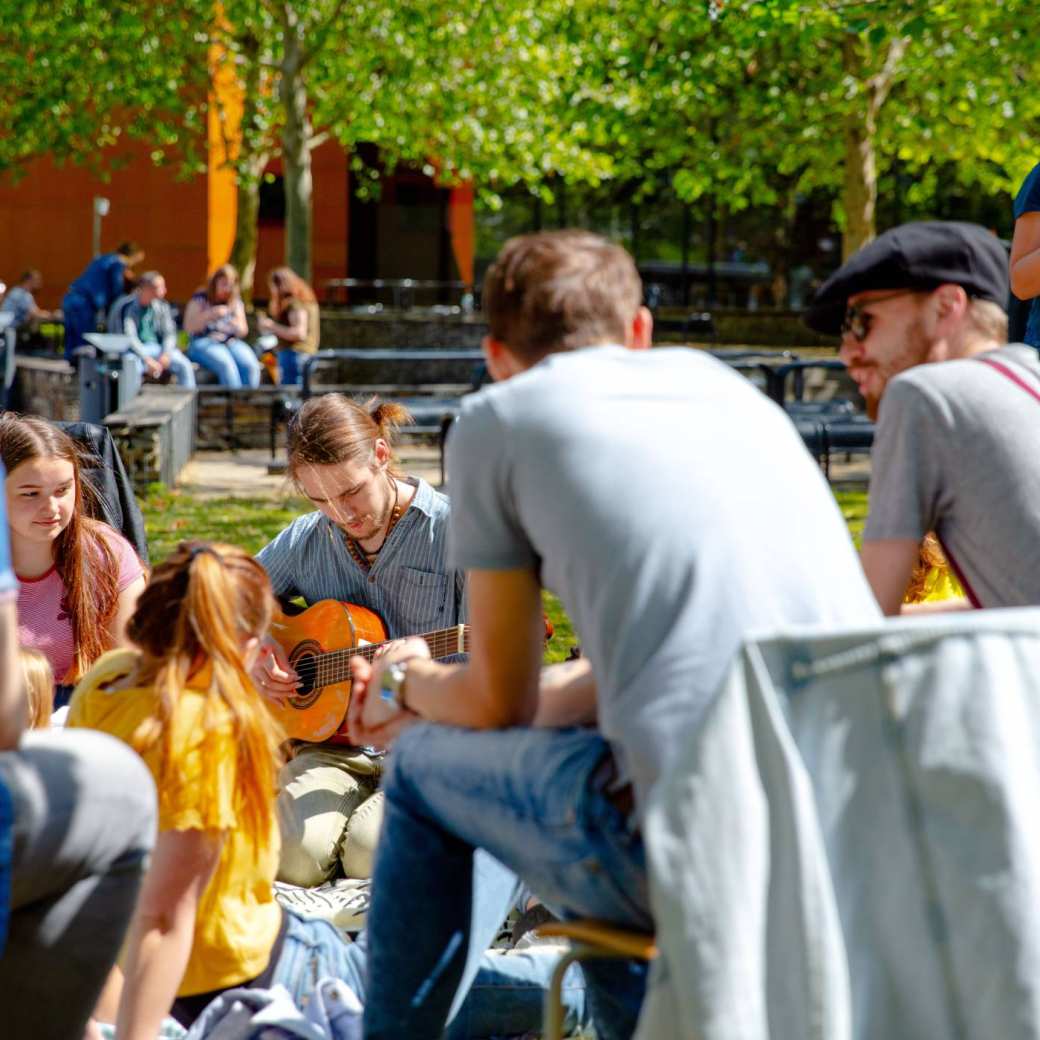
What about credits and grading?
At HAN we use the European Credit Transfer and Accumulation System, or ECTS. It’s the standard credit system used in higher education across Europe. How does it work? One credit = 28 hours of study. Think of contact hours. Time spent working on assignments. Preparing for exams.
One semester = 30 credits = 840 hours of study. To earn credits, you need to pass your exams. What counts as a pass? A grade of at least 5.5.
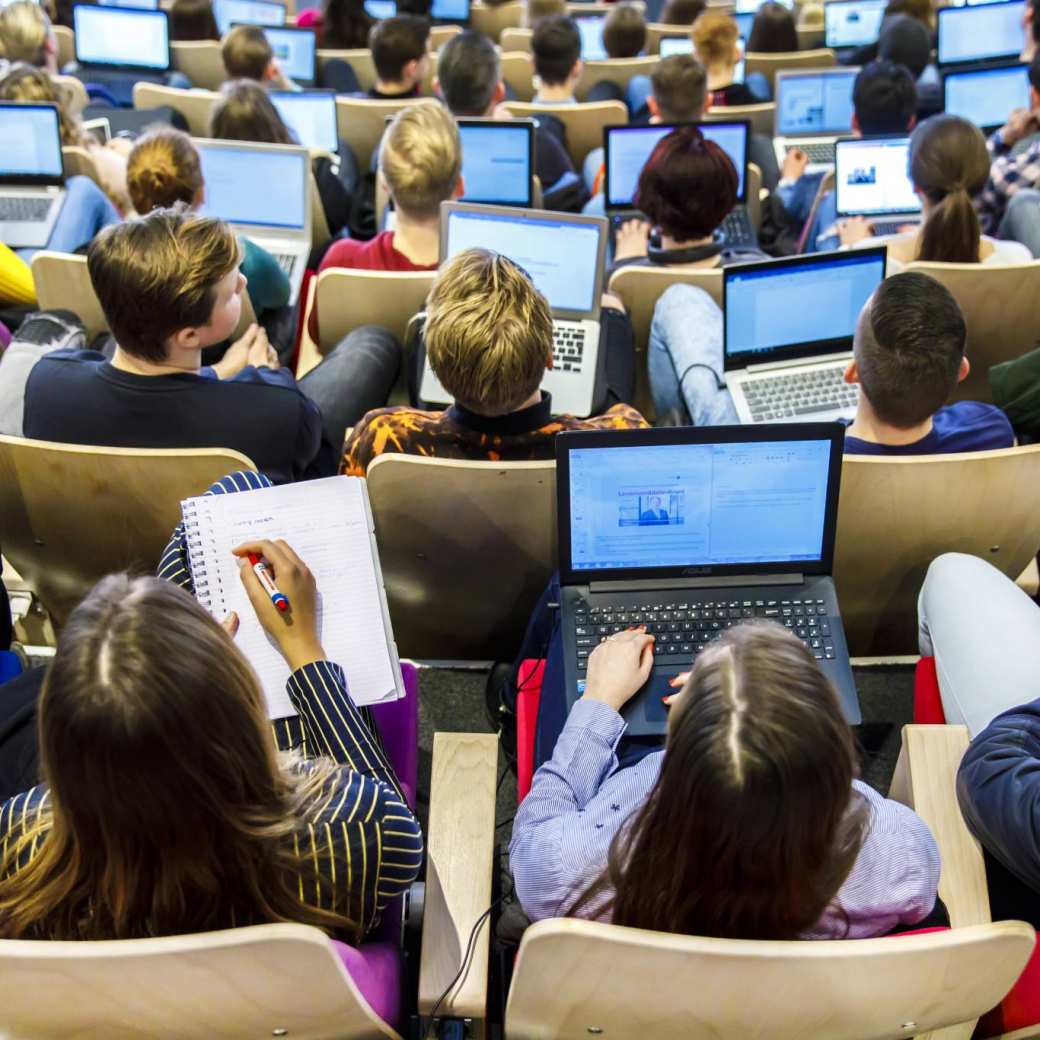
Admission
What are the admission requirements? And how do I apply?
